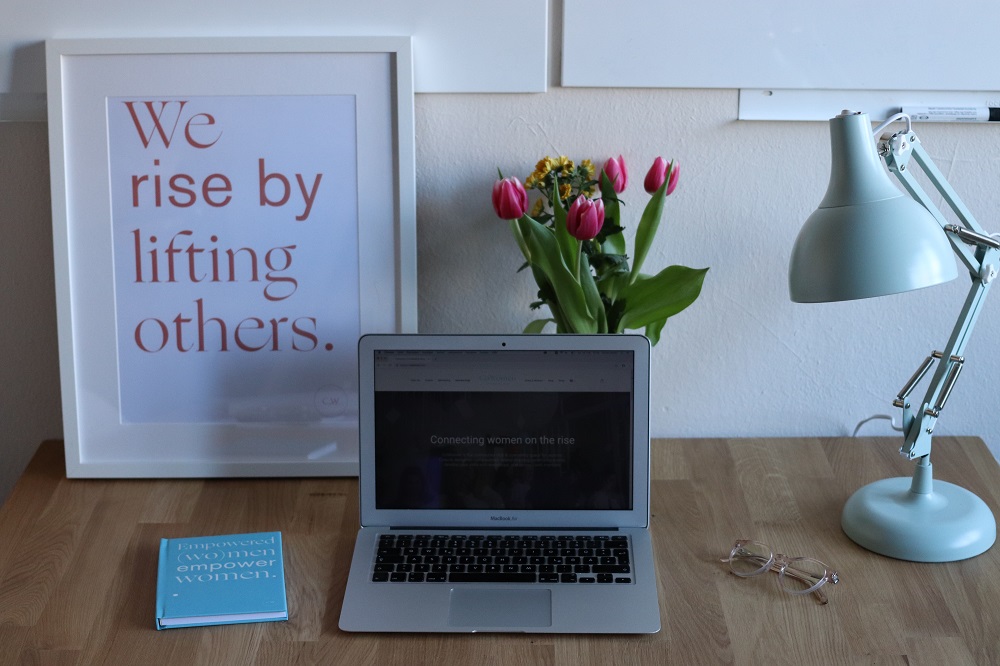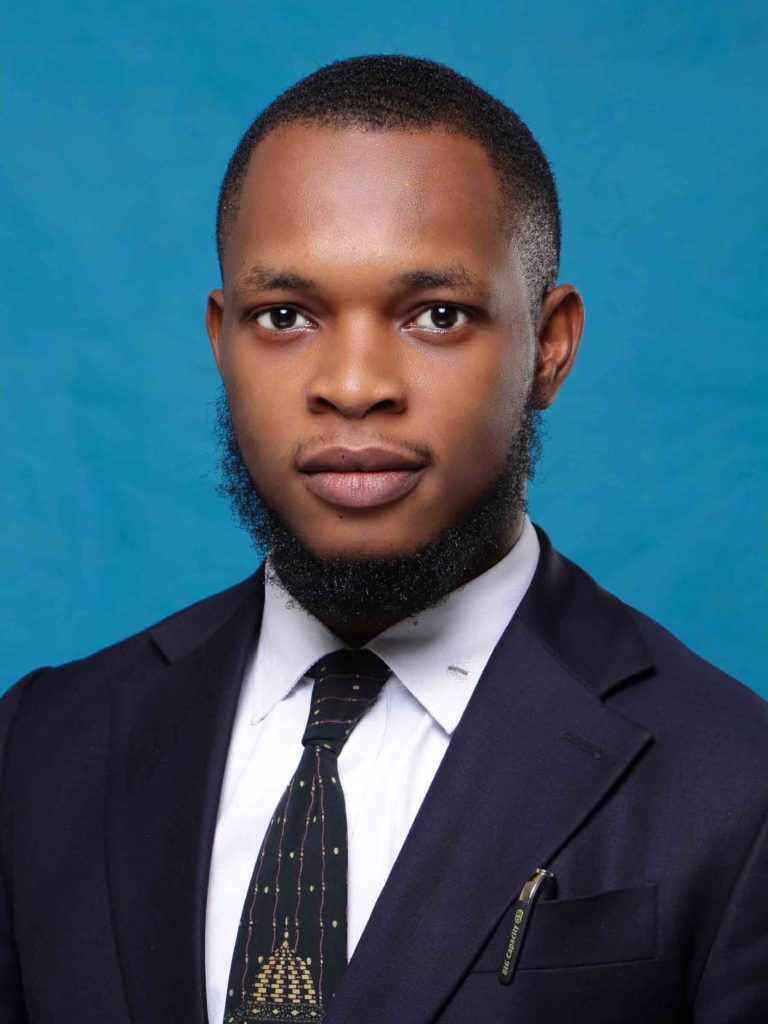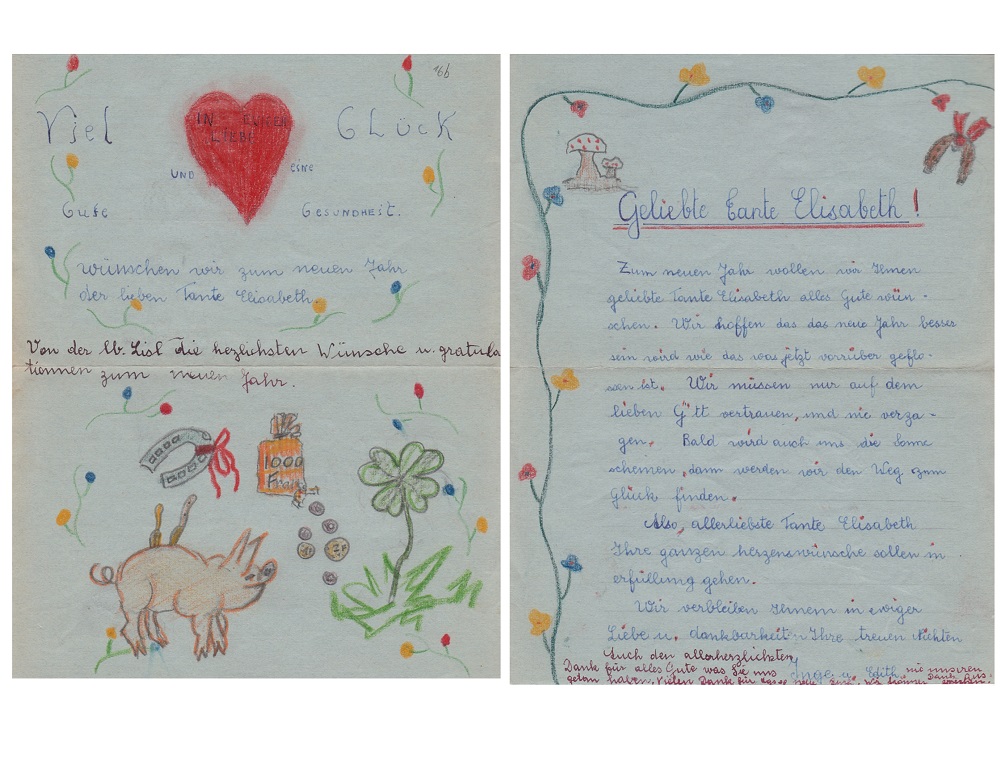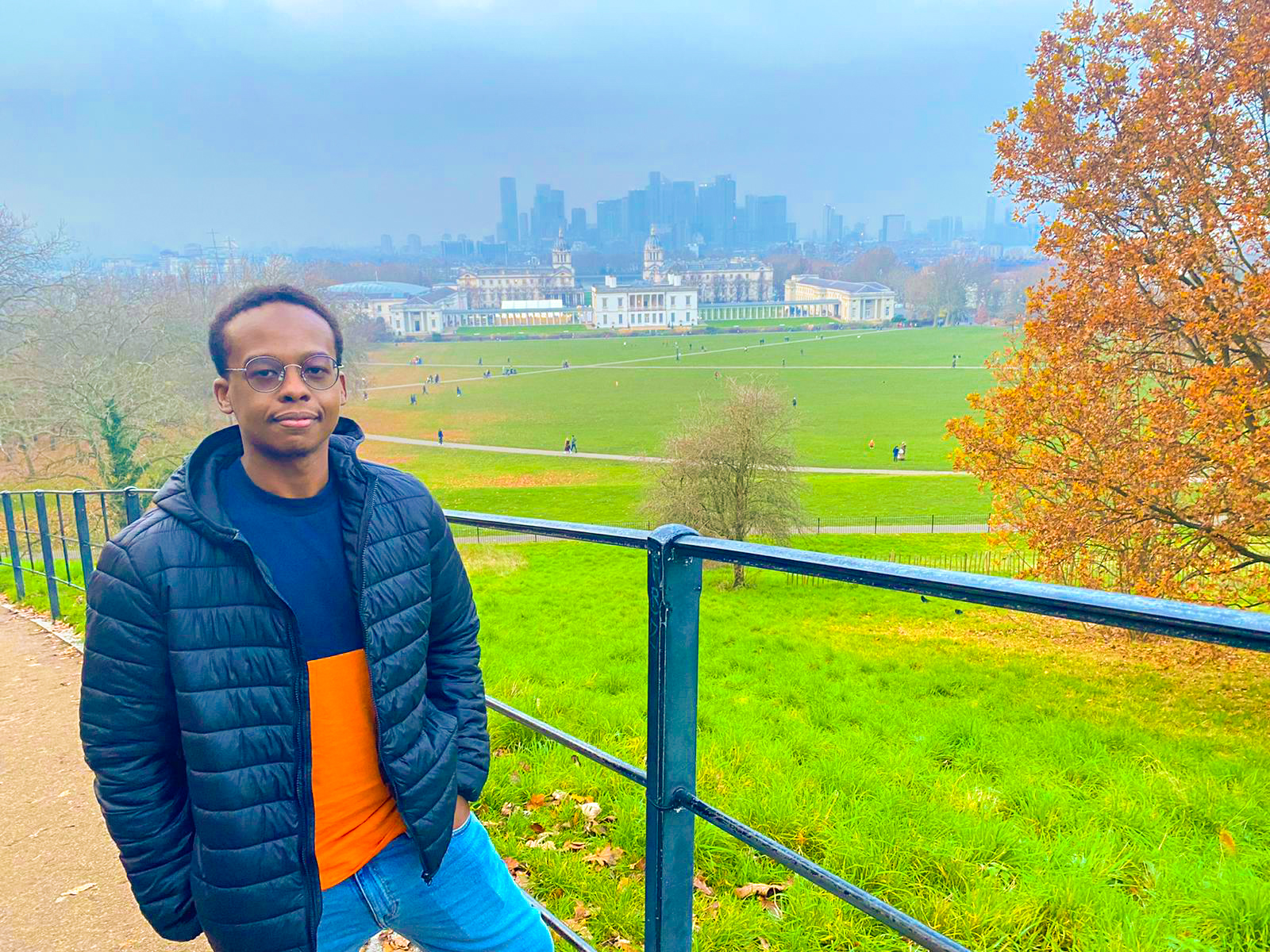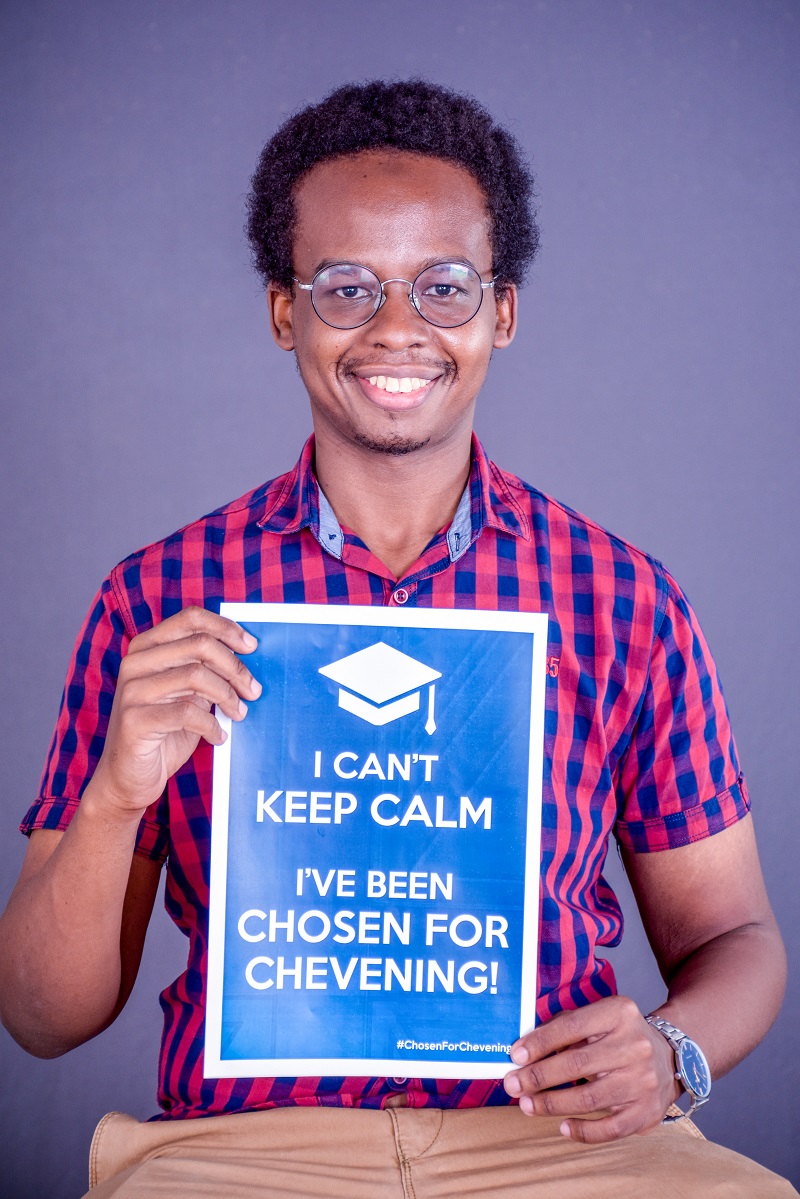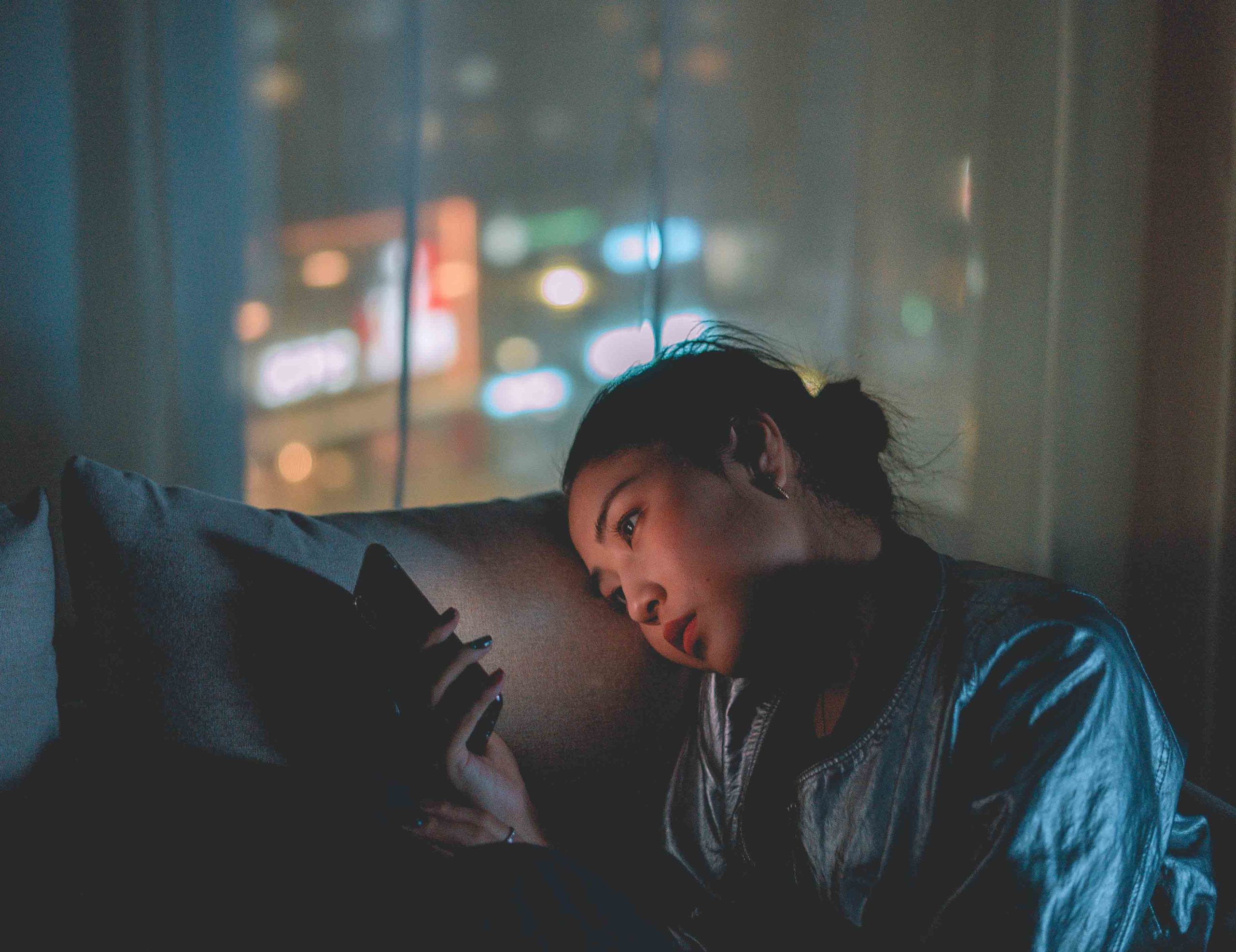For many, the COVID-19 pandemic has changed the way we define our happiness. In this blog, David Tross, Associate Lecturer in the Department of Geography, discusses how the crisis has changed society and definitions of happiness.

Given what we experienced in 2020 (and on into 2021), it might seem inappropriate to consider a pandemic and happiness as having much to do with one another. And in many ways, levels of happiness in the UK followed the bad news. The Office of National Statistics (ONS) has been measuring the nation’s happiness for almost a decade now and it has barely shifted over that time. Austerity, Brexit turmoil —none of these made a dent, until March when the first national lockdown was announced. Then, life satisfaction and everyday mood plummeted while anxiety rocketed. But by summer, with the easing of restrictions, these happiness indicators had pretty much returned to pre-Covid levels.
This resilience may also be testament to a key phenomenon identified by happiness researchers — the extraordinary ability of people to adapt to changes in circumstances and, after the initial shock, to shift their expectations to whatever the ‘new normal’ might be. This ‘adaptation’ principle explains why chasing riches produce what economists call ‘low marginal gains’ in happiness terms: you get used to your new-found wealth quite quickly and need to keep accumulating to maintain the same level of wellbeing (yes, just like addiction). New stimuli, both positive and negative, will make quite short-term, dramatic differences to wellbeing; before long, most people revert back to their normal happiness levels. So it was with lockdown. People adapted, found alternative ways to pass the time and got on with things.
But lockdown wasn’t merely tolerated. There were aspects of it people really rather liked. A clue is in the fourth indictor the ONS uses to gauge happiness, often termed the ‘eudemonic’ measure– reflecting a tradition associated with Aristotle that happiness is more than simply feeling good but is connected to the meaningful pursuits and good relationships of our lives – that asks people whether they feel their life is worthwhile. Unlike levels of anxiety, mood and life satisfaction, this measure remained relatively stable throughout 2020. Sure, some of what we find worthwhile (an active social and cultural life for example), took a hit, But the enforced hiatus from normal life that we never expected to inhabit –many dreamt of escaping the rat race; few thought the race itself would stop –has, for some at least, led to realisations and re-evaluations about the way they live.
Because by June, the ONS was reporting that almost half of us had identified some positive benefits of lockdown. One was work-related: not having to commute and spend long hours in the office (one UK wellbeing at work issue is that we put in more hours than most equivalent European nations but get less done!). Other benefits were spending more time with family (particularly quality time with children), appreciating a slower pace of life and connecting with the natural environment. People cooked more and did more exercise. During a guest lecture for UCEN Manchester students, one participant provided a neat formula for staying sane during lockdown: ‘run, plant, bake. Repeat’.
We shouldn’t be surprised. Most of the activities research studies have shown to be associated with happiness –loving relationships, achieving things, the arts, nature, doing things for others – were still possible during lockdown. Volunteering is another activity associated with happiness. ‘For me’, says Karl Wilding, CEO of the National Council of Voluntary Organisations (NCVO), ‘Covid demonstrated that people want to be part of something bigger’. Not only did the one million plus people volunteering (only the tip of the philanthropic iceberg) constitute what the NCVO called ‘the largest peacetime mobilisation in British history’, there was a demonstrable uplift in what might be termed ‘community spirit’: more people felt that others were helping one another, they were more confident that others would help them if needed, and they were checking on neighbours far more than normal. In common adversity, solidarity. Maybe Nietzsche was right when he suggested that human societies ‘build their cities on the slopes of Vesuvius!’.
Of course, even precarious living is subject to the adaptation principle. When danger becomes the new normal, it is hard to maintain this collective spirit. In addition, social solidarity depends not just on feeling connected to a larger entity but also on the idea of shared experience across social groups. This has already faded. Recent reports from the Institute of Fiscal Studies lays out in painstaking detail the ways in which the crisis has both highlighted and deepened the profound social inequalities of UK life. Going forward, unemployment – a key predictor of unhappiness– looks set to rise steeply; a really alarming bit of data picked up from a recent ONS survey was that a third of the population, and half of all renters and parents, say they would not be able to afford an unexpected emergency payment of £850.
Happiness is inseparable from its social context. Every year the UN commissions a ‘World Happiness Report’ and one theme is persistent: the happiest countries spend a higher percentage of GDP on social support systems. Therefore, during the first lockdown, the policy environment became more happiness-friendly. Witness not just furlough but also getting ‘everyone in’ off the streets, suspending housing evictions and benefit sanctions. One Department for Work and Pensions worker told me that advisors ‘no longer felt like cops’ and could offer a more efficient service when clients felt they could speak openly about their problems without a punitive threat. Pre-Covid, a softening of social attitudes towards welfare recipients were being observed in reports like the British Social Attitudes Survey, and it is hard to imagine this reversing any time soon.
In 2020 the state was back, and it felt friendlier. But will this turn out to be just a glimpse of something more hopeful and not a decisive shift? This year has given some actual substance to some of the vague nostrums rolled out by politicians: the big society, the good society, all sectors working together towards a common goal. As vaccines are rolled out, we may not be living on the slopes of Vesuvius for much longer, but we should be mindful of what Covid has taught us about happiness, on a macro level about a more generous politics and on a personal level that the mantra of happiness- Carpe Diem! has two meanings. One, invoked by Robin Williams in Dead Poets Society and by T-shirts, mugs and online dating profiles, refers to the hot pursuit of happiness. But the aphorism has been re-purposed for our frenetic age. its original meaning pays tribute to the moderate happiness philosophy of Epicurus whose idea of seizing the day was not grabbing it by the scruff of its neck. Rather, cultivate simple joys and appreciate what we have instead of always seeking more. For, he wrote, ‘nothing is sufficient for he who finds sufficiency too little’.
Other ancient philosophies had good lockdowns. The Stoic creed of equanimity seems a bit dreary when there’s fun to be had. But in times of adversity, to face one’s fears, accept what we can’t control and still retain a sense of dignity never seemed so apposite. In a timely piece, writer Brigid Delaney recalled the Roman Philosopher Seneca, who, exiled by the state, cut off from his friends, wealth and influence, began to reconcile himself with the enforced simplicity and seclusion of his reduced circumstances, noting that ‘until we have begun to go without them, we fail to recognise how unnecessary things are’. Or, as one UCEN Manchester student put it: ‘the things we thought mattered, didn’t matter’.

